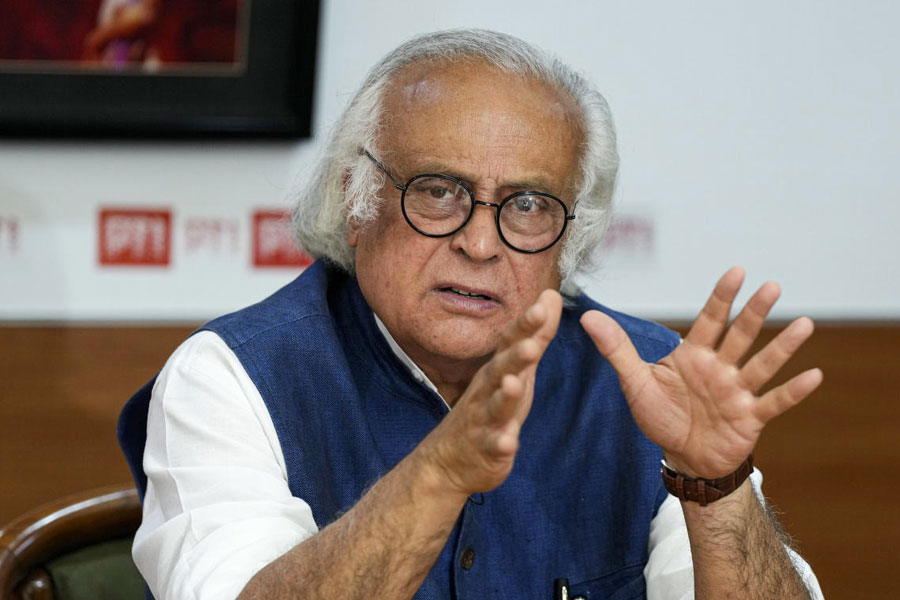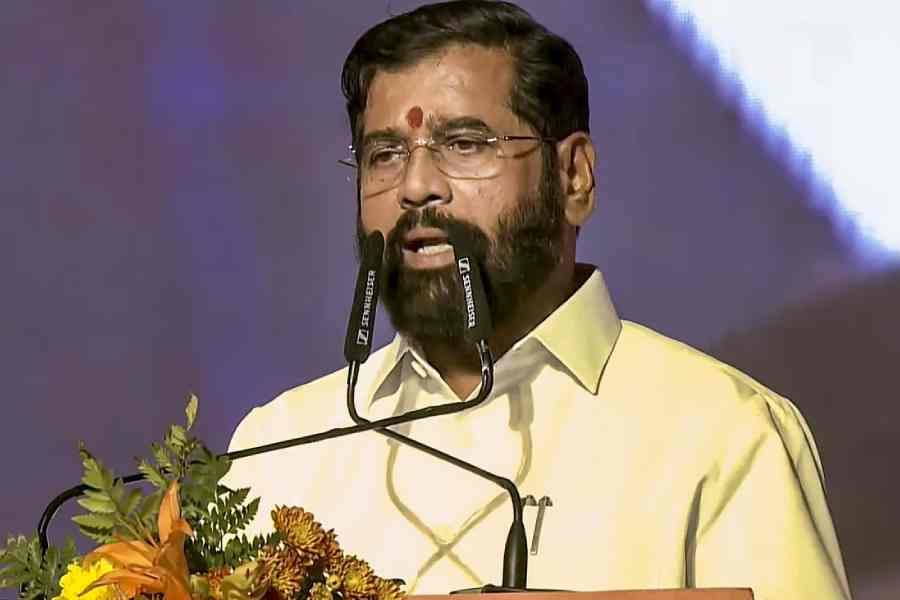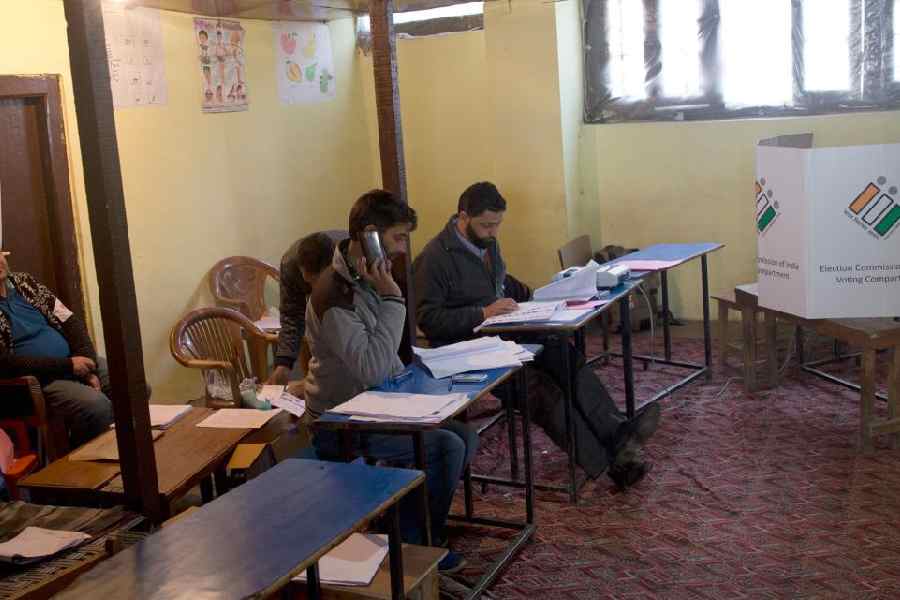Don’t panic if someone calls saying a consignment booked in your name contains illegal items, Kolkata Police have said in an advisory following reports of a “parcel scam” that duped many people over the last few months.
The advisory on social media, under “#StopDropInform”, says one should “disconnect calls demanding money to release such parcels” and report such calls to the police.
The section of the advisory under the sub-head “Beware of fake parcel scams” says people falling victim to the racket should call the police helpline 1930, alert the cybercrime police station at 9836513000 or file a complaint on https://cybercrime.gov.in.
The advisory says senior citizens can dial the Pronam helpline — 9947795555.
Senior officers in the cybercrime wing of Kolkata Police said the advisory has been issued as an increasing number of Calcuttans are getting calls and being told that consignments booked in their names were found to contain contraband and had been seized by the authorities.
The persons getting such calls were then told to leave home immediately to face interrogation by cops from another state.
“The caller would usually identify himself as a customs official from Delhi or Mumbai,” a senior officer in the detective department said.
“He will intimidate the person receiving the call and ask for Aadhaar details ostensibly to find out whether any gang had cloned the Aadhaar card while booking the consignment.”
The usual modus operandi involves asking the person who received the call to stay connected while his Aadhaar details are being checked before the call is transferred to the “cybercrime department” of “Mumbai” or “Delhi” police, officers said.
Next, someone posing as an officer of the cybercrime cell would instruct the person to move to a secluded place — preferably a hotel room or a room where no one else is allowed to enter — and switch to video call.
The person is repeatedly told not to contact anyone, not even family members, during the call.
“The person is then ‘digitally arrested’ for several hours. During the period he is asked to share his bank details. The swindler posing as an officer of the cybercrime wing of the particular
police department would then direct the victim to transfer the entire amount in his account to an ‘RBI-supervised bank account’,” the officer said.
“The targeted individual is usually told that the money would be returned, in accordance with RBI guidelines, if he is not found to have been involved in any crime.”
In most cases that have been drawn up based on complaints at various police stations across the city, the victims told the police that the “RBI-supervised bank account” did the trick and they believed that the entire amount would be refunded after verification.
But that never happened. Once the amount was transferred, the mobile phones from which the calls were made would be switched off.
“In some cases, we traced the mobile numbers to countries such as Cambodia, Laos and Thailand. Tracing calls to the originating country takes time and is not easy. So anyone receiving such a call should not panic or get intimidated. The call should be disconnected,” the officer said.
Often, the caller would insist on knowing whether the targeted person is ready to make payments and “settle” the case.
“In such cases, please collect the person’s number and tell him you will get back to him. Next, contact the police with the number,” an officer in the cybercrime police station said.
“If the caller asks you not to inform any family member or friends, do the opposite.”











